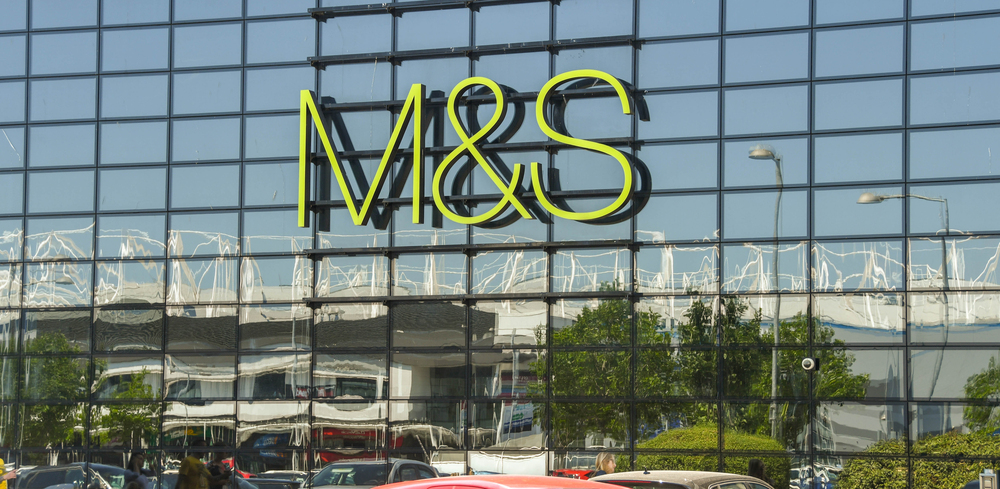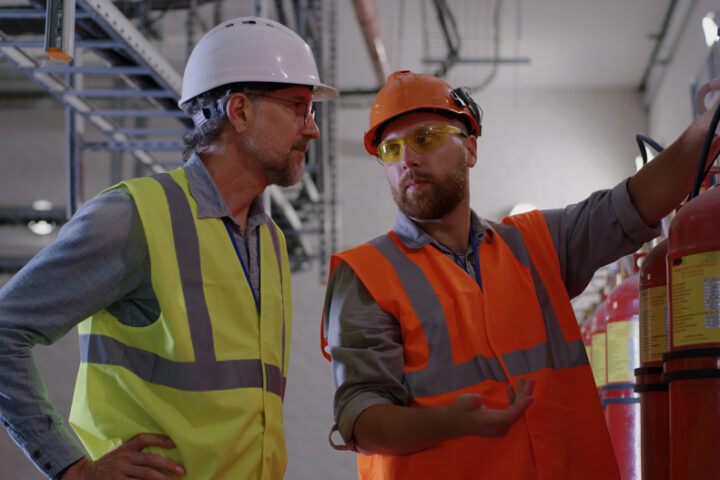Every business wants to succeed, but too many ignore the fundamental elements that actually make long-term success possible. This isn’t about having a clever name or a shiny logo. It’s about structure, discipline, and setting things up properly so the business can run well day in and day out.
Whether you’re just starting out or managing a mature operation, these ten foundations are what keep a business thriving. Most of them don’t show up in highlight reels or startup pitch decks, but they’re the real difference between a business that lasts and one that constantly struggles.
- Finance and Cash Flow
Start with the numbers. If the money isn’t flowing, nothing else can function. It’s not enough to be profitable on paper. You need actual cash in the bank, a clear handle on costs, and invoices that get paid on time.
Understand your margins. Don’t ignore unpaid invoices. Know what your overheads are. Forecast for lean periods. Cash flow is oxygen. Without it, you’re out of business, no matter how good your service is.
- Leadership and People
A business can’t outgrow the people running it. Leadership sets the tone, solves the problems, and makes the calls when things aren’t straightforward. The rest of your team needs to be capable, trusted, and aligned.
Good people working without direction will go in circles. A business without people it can depend on will grind to a halt.
- Operations and Systems
This is about how the work actually gets done. Do you have workflows, templates, and routines that are repeatable? Can someone else step in and deliver the same quality if a key person is away?
Every thriving business runs on systems. They don’t have to be complex or fancy, but they do have to be functional. The aim is clarity and consistency.
- Logistics
Logistics isn’t a bolt-on or a side function. It’s central to how your business runs. It’s the coordination of people, materials, equipment, and information so that everything gets where it needs to be, when it needs to be there.
Whether you’re managing document transfers between legal offices, stock movements across retail sites, or last minute delivery in Birmingham for timesensitive contracts, effective logistics builds trust and consistency into your operations. When logistics is working well, customers get what they need on time, teams stay productive, and your business can respond smoothly to demand.
Reliable logistics helps businesses scale with confidence. It means you can expand your reach, handle growth, and deliver on your promises without disruption. From local couriers to national distribution, it’s the structure that keeps everything else flowing.
- Product or Service
It sounds obvious, but you have to be offering something that people actually want — and delivering it well. Many businesses have great ideas but fall down in execution. Others deliver well but misjudge what people are willing to pay for.
You don’t have to be the best in the world. You just need to meet a real need, do it reliably, and keep improving where it counts.
- Customers
Your product isn’t the business. Your customers are. Who are they? How do they find you? Why do they stay or walk away?
If you’re not listening to customer feedback or thinking about the customer journey, you’re gambling. Keep it easy to engage. Solve problems when they arise. And make it memorable in the right way.
- Marketing and Messaging
People can’t buy from you if they don’t know what you do or why it matters. Marketing isn’t about being loud — it’s about being clear.
Who are you speaking to? What are you saying? Are you consistent across your website, emails, and conversations? Clarity and repetition matter more than slick graphics.
- Vision and Values
Why does your business exist? Where is it going? These aren’t fluffy questions. They help you filter decisions and give your team a shared direction.
Values shape culture. Vision shapes strategy. Without either, it’s easy to get lost chasing short-term wins that cost you longterm stability.
- Risk and Compliance
No one likes paperwork until they need it. Legal obligations, safety requirements, insurance, contracts, policies this is what’s going to keep your business protected from things that can break it.
A fine, a legal dispute, or a failed audit can hit harder than a lost customer. Handle the boring stuff early so it doesn’t become a crisis later.
- Learning and Adaptation
Markets shift. People change. Technology evolves. If you’re not paying attention, you’re falling behind.
Make reviewing and learning a regular part of your rhythm. Ask customers for feedback. Run internal debriefs. Test new tools. Stay agile without becoming scattered.
These ten foundations aren’t glamorous. They’re not the first things people talk about when they post wins online. But they’re what keep businesses running, growing, and earning trust year after year.
If your business isn’t where you want it to be, check the list. Strengthen the weak points. Build the right support. You don’t need to reinvent everything, just get the fundamentals working together and build from there.







